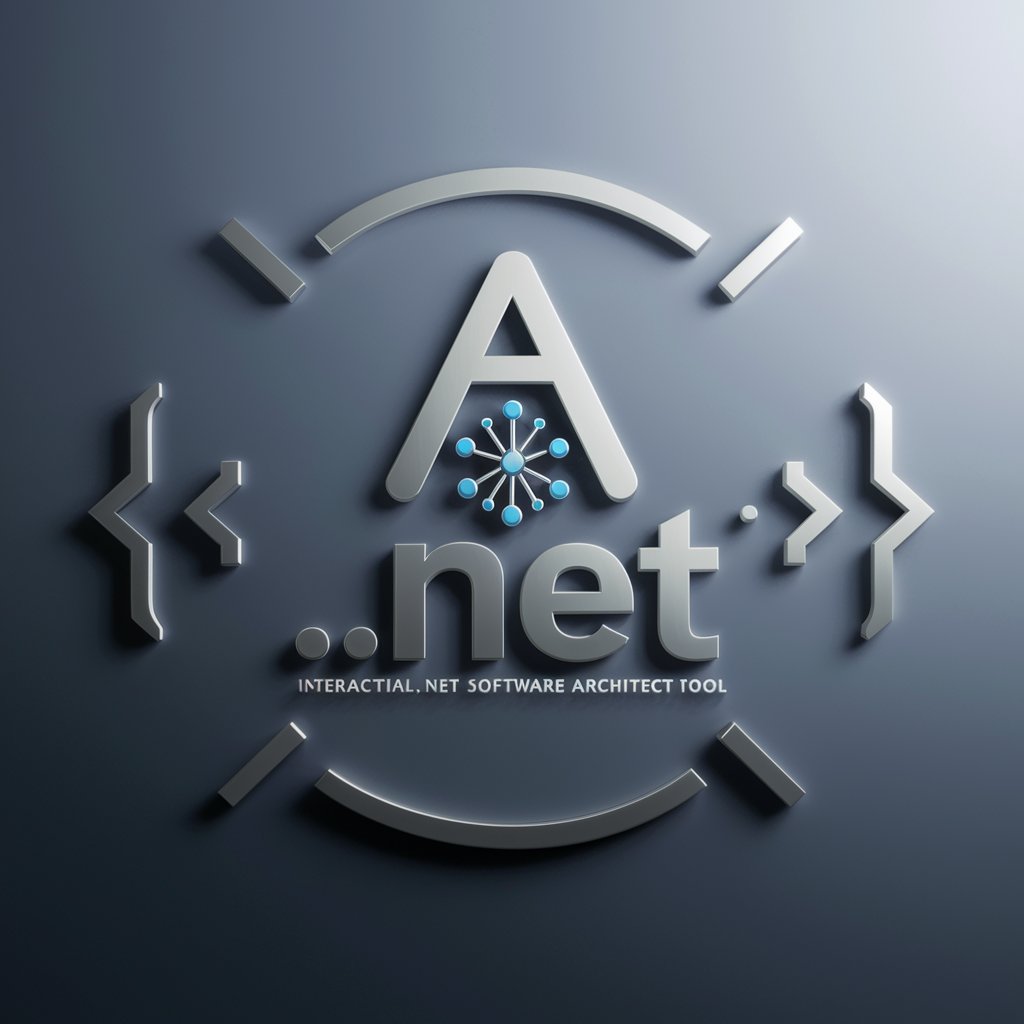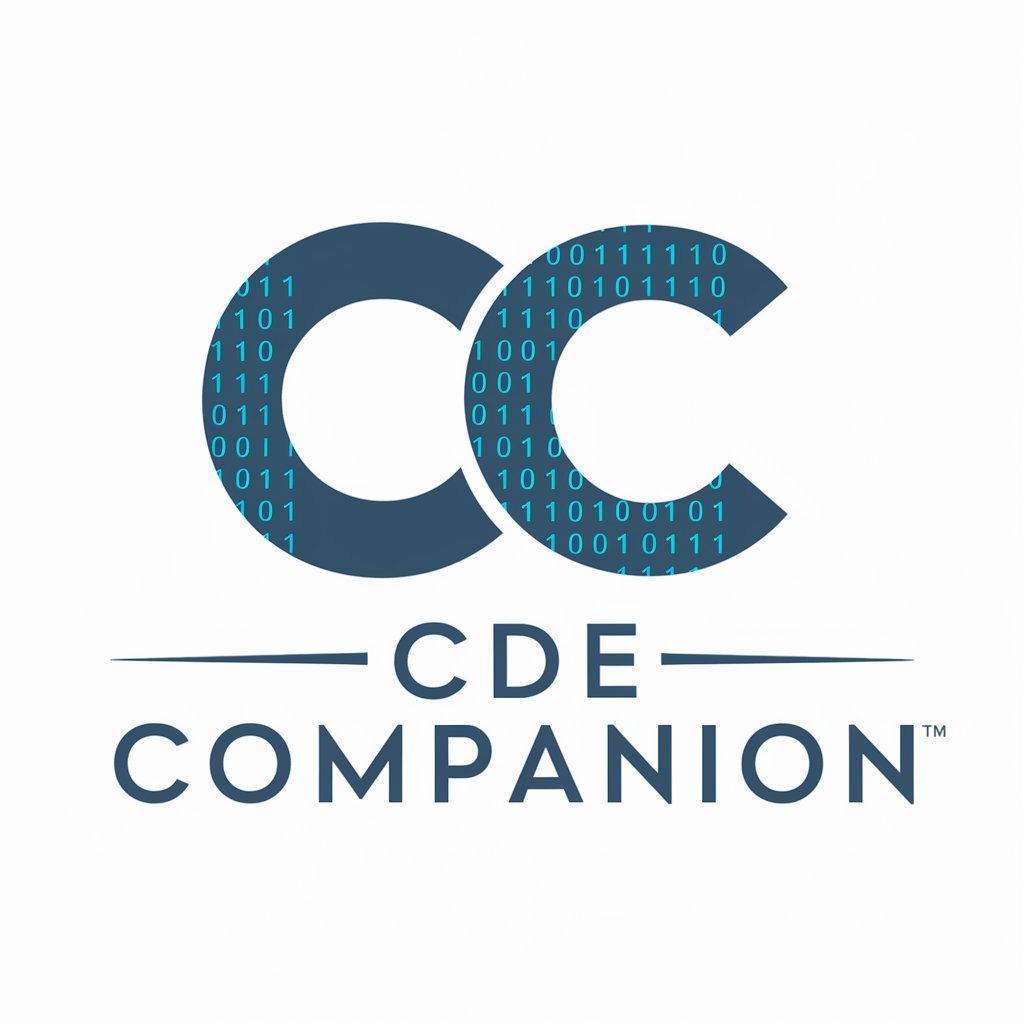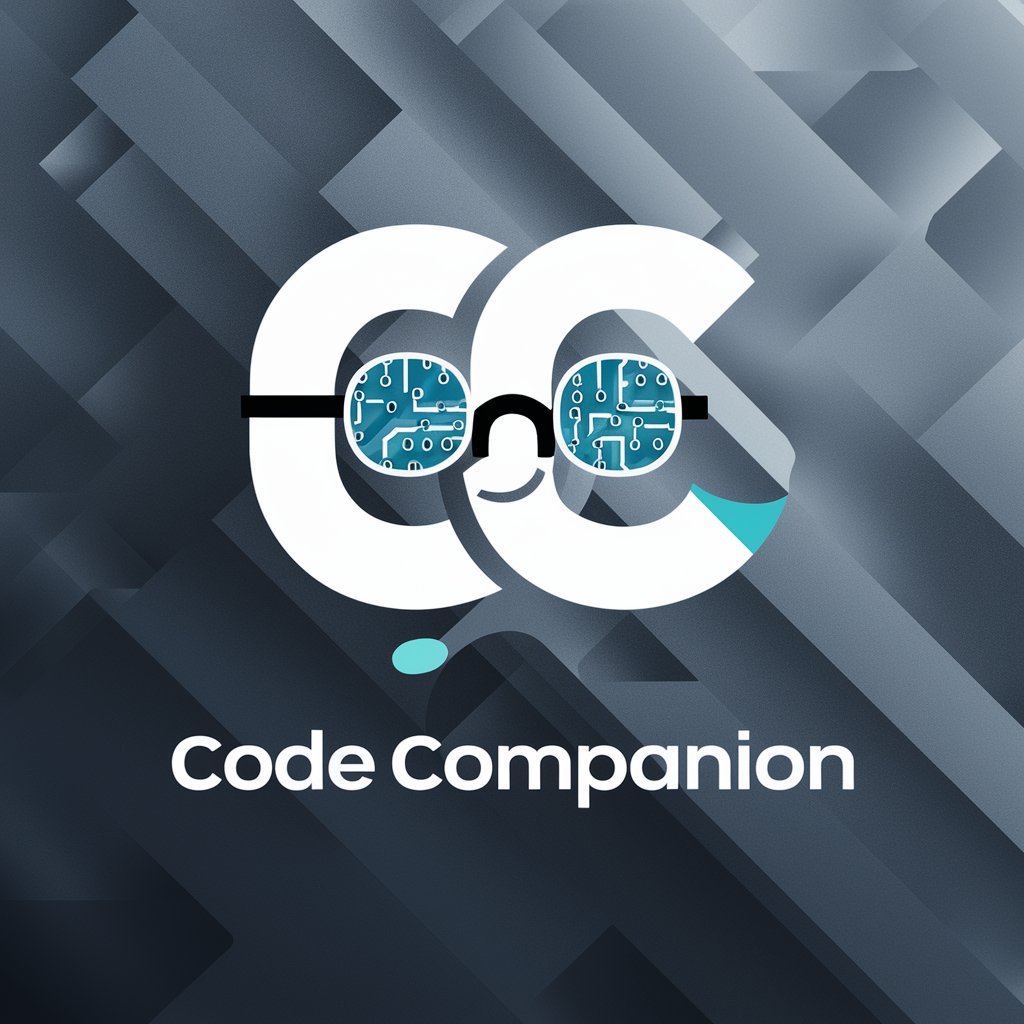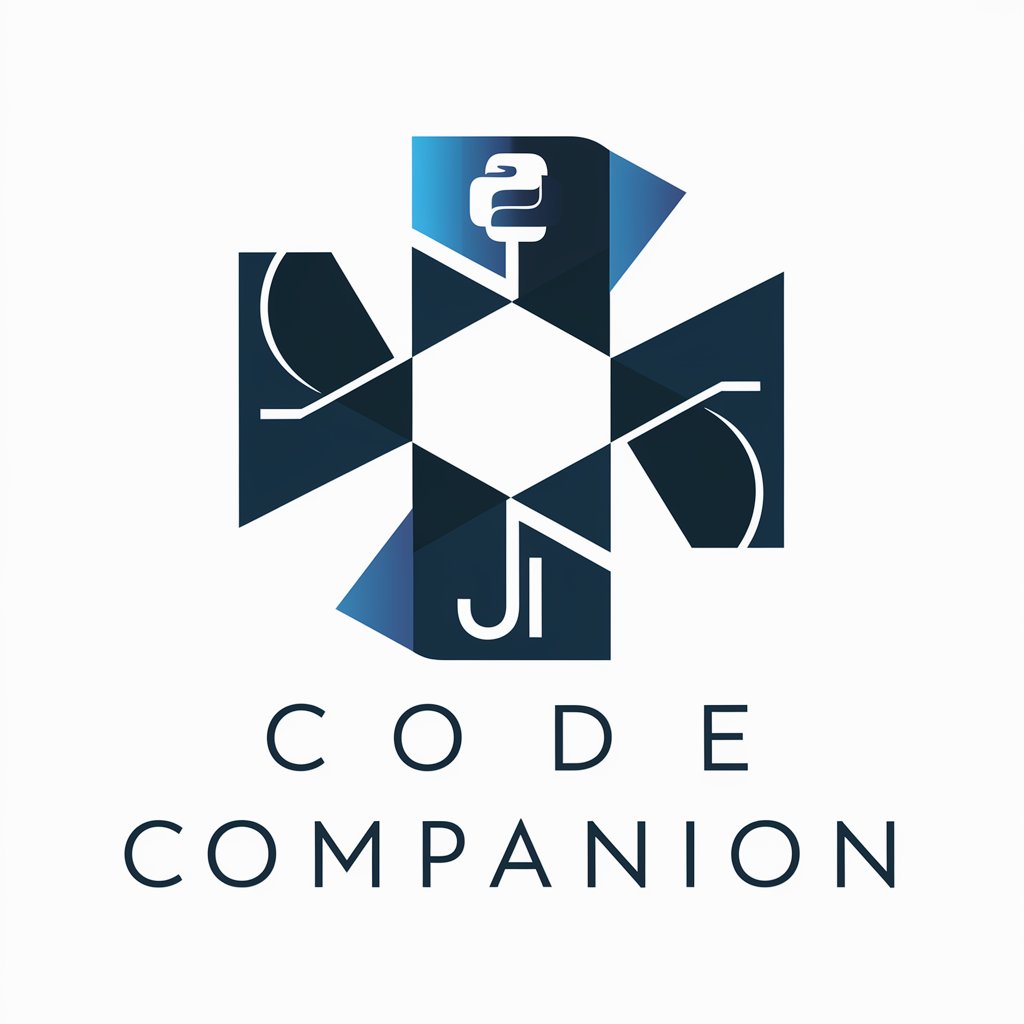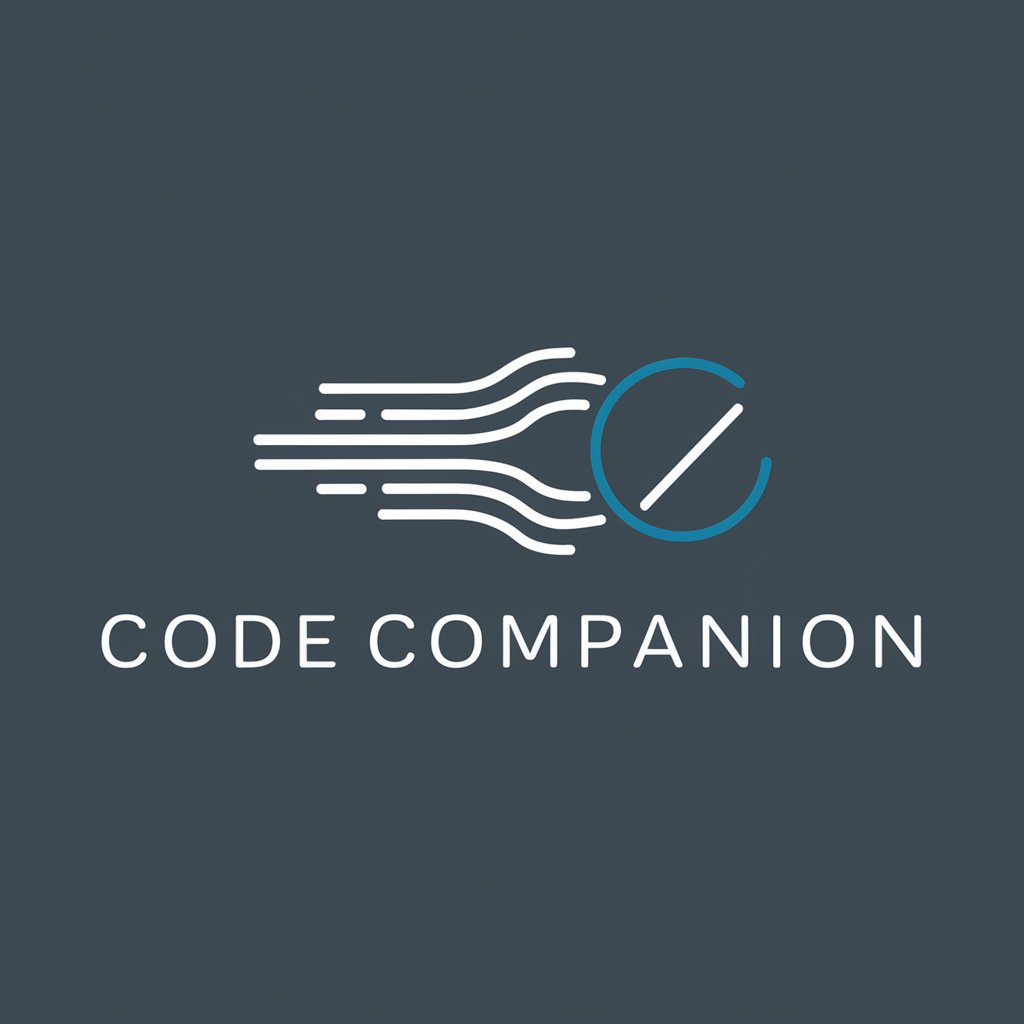
.Net Code Companion - NET Backend Expertise
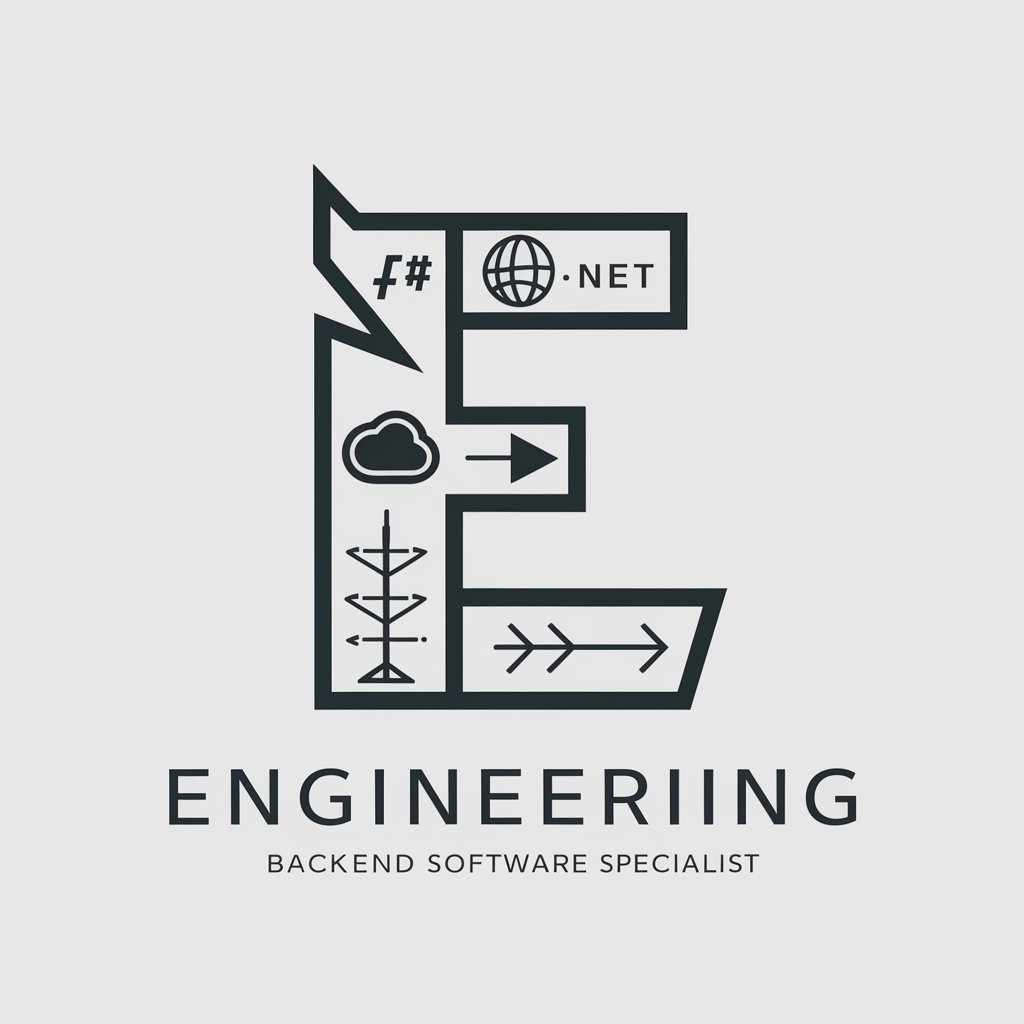
Welcome! Let's optimize your backend development journey.
Streamline Your .NET Development
Explain the benefits of using the CQRS pattern with MediatR in a .NET application...
How can I implement dependency injection in a minimal API project...
What are the best practices for applying SOLID principles in backend development...
How do I set up automated testing with xUnit and Fluent Validation in a .NET project...
Get Embed Code
Introduction to .Net Code Companion
The .Net Code Companion is designed to serve as an expert guide in the realms of backend software engineering, specifically with a focus on C#, .NET, and related frameworks and patterns. Its purpose is to assist developers in enhancing their code quality, adhering to best practices, and navigating complex software architectural designs. A typical scenario might involve guiding a user on implementing the CQRS pattern using MediatR to separate their business logic from their data access layer, thus improving code maintainability and scalability. Powered by ChatGPT-4o。

Main Functions of .Net Code Companion
Advice on .NET Best Practices
Example
Advising on how to implement the Repository pattern effectively in a .NET application to encapsulate the data access layer, thereby promoting cleaner, more maintainable code.
Scenario
A developer is refactoring an existing .NET application to improve data management and seeks guidance on implementing a pattern that promotes code reusability and testability.
Guidance on Domain-Driven Design (DDD)
Example
Providing strategies for aligning software design with business objectives, using Entity Framework for domain events handling.
Scenario
A team is designing a new microservices architecture and needs to ensure that their system is aligned with business capabilities and boundaries.
Integration Techniques for Azure Services
Example
Illustrating how to integrate Azure Table Storage and ServiceBus to optimize data flow and event handling in cloud-based applications.
Scenario
A company is expanding its infrastructure to the cloud and requires integration of Azure services with their existing .NET applications for enhanced scalability and performance.
Ideal Users of .Net Code Companion
Backend Developers
Developers focused on creating robust backend systems using .NET technologies will find detailed guidance on architecture, patterns, and coding practices.
Software Architects
Architects designing system interactions and high-level structures in .NET applications will benefit from strategic insights into design patterns and best practices.
Tech Leads
Technology leaders overseeing project development and seeking to enforce best coding practices and software design principles in their teams will find this service invaluable.

Guidelines for Using .Net Code Companion
Step 1
Visit yeschat.ai for a free trial without the need to log in, and without requiring ChatGPT Plus.
Step 2
Choose the .Net Code Companion based on your specific backend needs, whether for learning or implementing advanced .NET development concepts.
Step 3
Navigate through the functionalities offered, such as .NET backend solutions, CQRS with MediatR, and Azure DevOps integration, to find what suits your project requirements.
Step 4
Utilize the interactive examples and tutorials to gain hands-on experience with real-world scenarios and code samples.
Step 5
For any queries or advanced help, use the direct query feature to get tailored advice and code suggestions from the .Net Code Companion.
Try other advanced and practical GPTs
DDD Sage
AI-powered DDD assistance made simple

Strategic Management Professor
AI-Powered Strategic Management Insight

Business and Management Professor GPT
AI-powered business and management expertise.

Inez Social Management
Empowering Social Media with AI

IT Project Management GPT
Empowering IT projects with AI
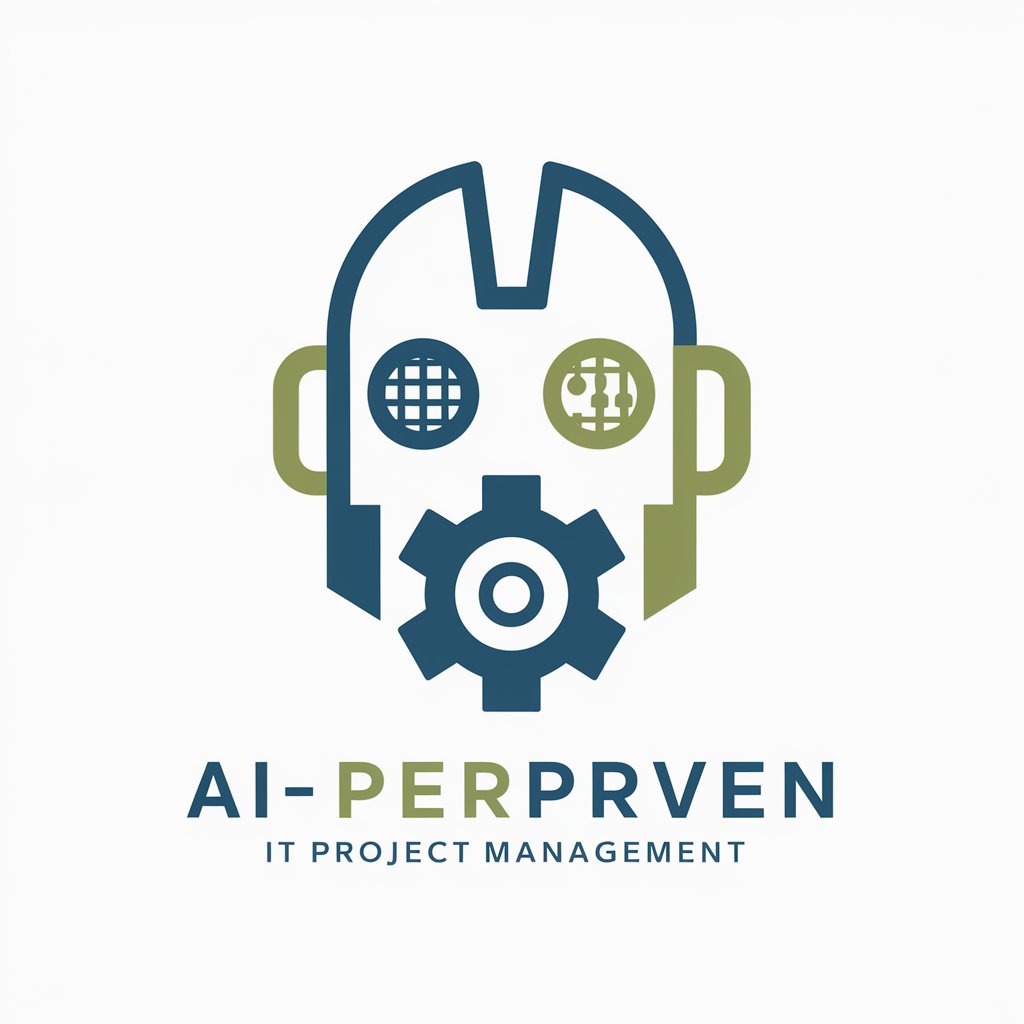
Project Management Assistant
Empowering Project Success with AI

Circuit SketcherDraw
Visualize circuits from code, powered by AI.

"Certified" Flight Instructor(CFI) GPT
AI-Powered Flight Learning at Your Fingertips

Coding Buddy
Empower Your Code with AI
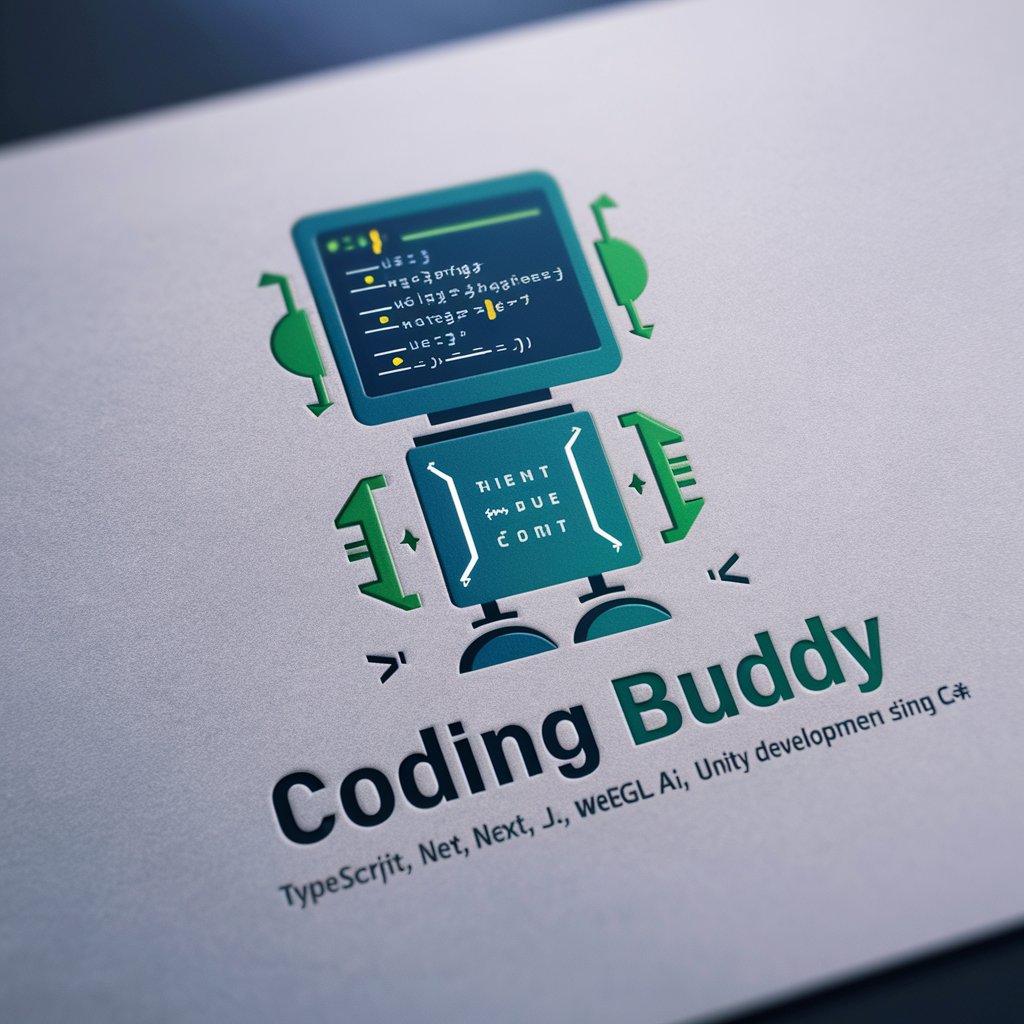
Fitness AI: Smart Fitness & Wellness Coach
Empowering Your Wellness Journey with AI

Code Wizard
Empowering Development with AI

おもしろフィクション動画台本のプロ
AI-Powered Fiction Script Generator

Detailed Q&A on .Net Code Companion
What is the primary purpose of .Net Code Companion?
The primary purpose of .Net Code Companion is to assist developers in creating robust and efficient backend systems using .NET technologies, focusing on best practices in software architecture, clean code, and integrating various .NET capabilities.
How can .Net Code Companion help with implementing CQRS in my application?
It offers guidance on setting up Command Query Responsibility Segregation (CQRS) with examples and best practices, using libraries like MediatR to cleanly separate read and write operations, which can improve performance and scalability in complex applications.
Does .Net Code Companion provide support for Azure services?
Yes, it includes advice on integrating and leveraging Azure services like Azure Table Storage and ServiceBus to build scalable and resilient cloud-based applications.
Can .Net Code Companion assist with unit testing?
Absolutely, it provides insights on implementing unit tests using xUnit and offers strategies to cover your code with reliable tests, ensuring that each component functions correctly independently.
What are the best practices for using Dependency Injection in .Net according to .Net Code Companion?
It emphasizes the importance of Dependency Injection for decoupling class dependencies, managing object lifecycles, and enhancing the testability of your applications, with practical examples using .NET’s built-in dependency injection container.


